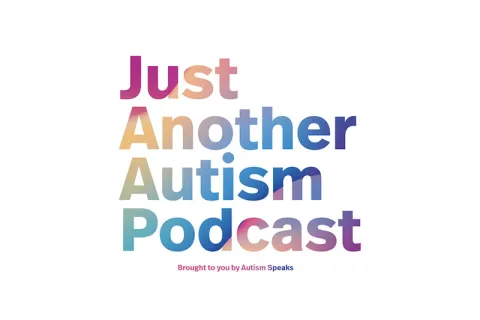Common misconceptions about autistic employees
By Kerry MagroThis guest post is by Dr. Kerry Magro Ed.D., a professional speaker, best-selling author and autism entertainment consultant who is on the autism spectrum. A version of this blog appeared on Kerrymagro.com. Follow Kerry on Facebook.
What if I told you there are some harmful misconceptions out there leading to some talented and deserving autistic employees not receiving job opportunities. I can relate to this as someone who is autistic and sometimes had challenges finding meaningful employment. Today after overcoming many of my obstacles, I’m a certified professional speaker who gets to talk with companies as part of professional development about tapping into untapped talent pools.
One untapped talent pool we need to talk about is the autism community. The reason it’s untapped? While the unemployment and underemployment rate for autistic adults in the U.S. hovers around 50-75% there are some talented autistic employees can make a huge impact in our companies.
With that, here are 5 misconceptions that we need to debunk…
- Autistic employees are not capable of leadership opportunities:
- Some of the most unique minds I know are autistic, and if given the opportunity to focus on key strengths they can drive their companies to success.
- Autistic employees cannot handle new environments:
- While it may take some time for autistic employees to get used to a new job, with reasonable accommodations and open communication via coworkers they can adapt to new surroundings.
- Autistic employees all need expensive accommodations which affect the bottom line.
- Not true. According to a survey conducted by the Job Accommodation Network, workplace accommodations are not only typically low in cost, but also positively impact the workplace in many ways. Specifically, 56% of employers surveyed said accommodations cost nothing and 37% said accommodations made involved a one-time cost. The median one-time expenditure as reported by these employers was $300.
- Autistic employees are not interested in moving up in their companies therefore lacking potential.
- For autistic people like me, who had to receive years of therapies in school, and had to build our own self-motivation to succeed both developmentally and academically can at times translate that same self-motivation to succeeding in the workplace. Give them that self-motivation.
- Autistic employees are not reliable.
- Another key area which needs to be discussed – On average autistic adults are more likely to stay at jobs longer and take less time off from work compared to their nondisabled peers.
What misconceptions would you add? If your workplace is looking for professional development on autism or neurodiversity, contact me and let’s keep the conversation going.









